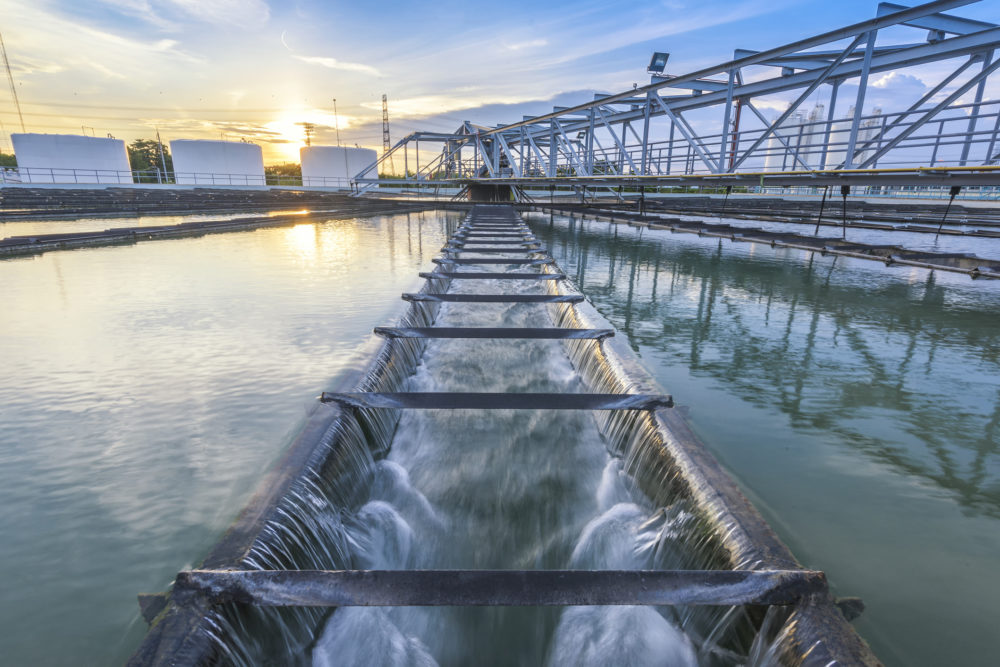Funding has been announced for clean water, wastewater, and stormwater infrastructure improvements in 37 First Nation communities across Ontario.
“Clean drinking water and proper wastewater management are fundamental to building healthy, resilient communities,” said Catherine McKenna, Canada’s minister of infrastructure and communities. “The Government of Canada is committed to fixing the Indigenous infrastructure deficit, and federal funding of over 70 per cent for these projects across Ontario is another step toward the equality of opportunity that all Canadians should expect and demand.”
The Government of Canada is investing more than $69.5 million in these projects through the Green Infrastructure Stream of the Investing in Canada plan. The Government of Ontario is providing more than $16.9 million. The 37 communities are contributing a combined total of $5.8 million toward their respective projects.
“Today’s announcement reflects our continued commitment to ensure access to clean and safe drinking for First Nations communities, now and into the future, which first and foremost requires stable and reliable infrastructure,” said Marc Miller, minister of Indigenous services. “With this new funding, we continue to make progress on closing the infrastructure gaps on reserve, supporting prosperous and healthy First Nation communities.”
Among the projects funded, Zhiibaahaasing First Nation’s water storage and distribution systems will be upgraded to ensure reliable access to clean drinking water and provide much-needed fire protection for residents. The project includes the installation of a new below-grade storage reservoir with high-lift distribution and fire pumps, as well as drinking water transmission pipes with fire hydrants. The storage reservoir will be part of a site already designated for the water treatment plant.
“On behalf of the Zhiibaahaasing First Nation Community I want to say Miigwech (Thank you) for all the support and help we have received from everyone that was involved in this project,” said Chief Irene Kells of Zhiibaahaasing First Nation. “Water distribution and fire protection has been a dream of Zhiibaahaasing First Nation for the past 30 years. With the Approval of the Green Infrastructure Stream Funding, we are one step closer to obtaining clean drinking water for our Community.”
For Washagamis Bay First Nation, 1.2-kilometres of watermain and 800-metres of water service lines will be replaced to better ensure reliable water service. Upgrades to ten septic fields will also prevent the contamination of groundwater, surface water, and the environment.
The project in the Dokis First Nation will rehabilitate and expand the wastewater lagoon. The modifications involve implementation of a pre-treatment system and installation of electricity on-site. These improvements will enable the lagoon to meet current federal and provincial discharge requirements, reduce the accumulation of wastewater sediment, and help meet current and future wastewater treatment demands.
Additional investments in First Nation water and wastewater management projects include:
- Replacement of drinking water pipes.
- Upgrades to communal drinking water systems.
- Well upgrades.
- Subsurface septic system rehabilitation,
- Water storage and distribution system upgrades.
“Wasauksing First Nation through its Public Works Department, was successful in obtaining funding approval from the provincial and federal government to address a longstanding environmental concern of conventional septic systems in its core area,” said Chief Warren Tabobondung of Wasauksing First Nation. “These existing waste treatment systems, while functional are extremely outdated and currently occupying much needed space required for community development.”
“The Funding offered through this program, will enable Wasauksing to Design/Construct a Peatland Wastewater system to service all buildings in its core area,” added Chief Tabobondung. “Without this funding, we would be hard pressed to fund this vital infrastructure need with own source revenue. Wasauksing is appreciative of this opportunity, and would like to acknowledge the positive impact these programs have on First Nations and its infrastructure needs. Miigwech.”









